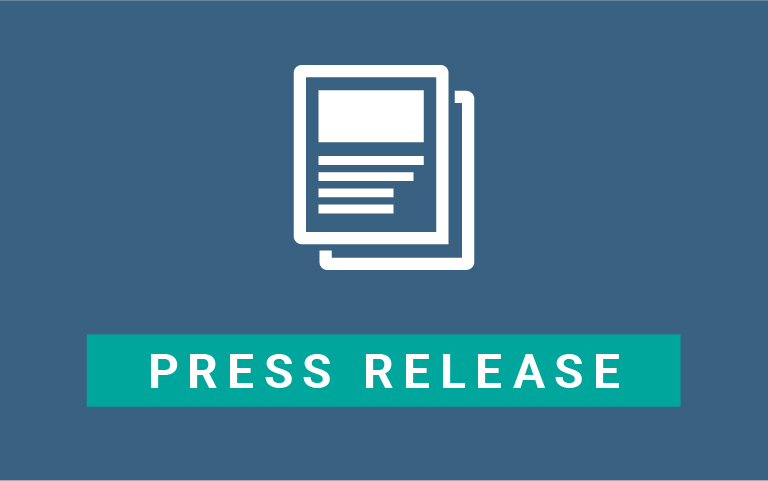
18 May 2018 GPO Trends: Continuing Downward Cost Pressure, Managing a Global Supply System, and Facilitating Innovative Products to Market
Annual Best Practices Forum Brings Together Competing Industry Leadership
WASHINGTON, D.C., May 18, 2018 – Continuing downward pressure on healthcare costs, ensuring the availability of high quality products/services from a global supply system, and facilitating new and innovative products reaching the marketplace – those are three major trends in the Group Purchasing Organization (GPO) sector in 2018, identified at the Healthcare Group Purchasing Industry Initiative (HGPII) annual best practices forum in Washington, DC.
“This forum helps create and maintain a culture within the supply chain that combats corruption, stagnation and encourages the best balance between cost savings and quality,” said Phil English, National Coordinator of HGPII.
The forum brings together leadership from the largest GPOs where they also discuss fostering ethical cultures within their organizations and hear from representative suppliers and others in the healthcare industry to better understand their needs.
GPOs are continuing to put downward pressure on health care costs through a core commitment to negotiating the best and lowest prices for members. As healthcare costs have risen steadily during the last decade, policymakers continue to debate how best to control the healthcare costs to the government and to patients. GPOs are part of the solution to lowering costs because the mission of GPOs is to negotiate the best price for its membership, which in turn reduces the costs of healthcare supplies to patients. GPOs are working with a variety of suppliers – large and small – to get the most competitive pricing available for products and services.
GPOs are ensuring the availability of high quality products/services for globally-sourced supplies by working with an expanding number of manufactures in different regions. A number of global healthcare suppliers sell and distribute their products to GPOs and can often do so at a lower cost. However, in the U.S., healthcare products often carry strict specifications and require FDA approval. GPOs are working to ensure that they do not encounter a disruption in the delivery of supplies that might result from an unexpected delay from the manufacturer. To strike the right balance between lower cost opportunities and highest quality products/services for members, GPOS are expanding the pool of suppliers that they work with to ensure the availability of critical supplies and services to members.
GPOs are guaranteeing opportunities for their members to access to new and innovative products. Members of HGPII have worked to create opportunities for their members (for example, hospitals and nursing homes) to take advantage of new and innovative products that are that are not included on the list of preferred items that are currently available as part of the GPO offerings. To do this, HGPII GPOs allow their members to negotiate directly with a healthcare supplier that is offering innovative products that will benefit the healthcare facility. HGPII GPOs also are constantly monitoring the arrival of new products to add to their preferred list of items that they offer to the membership at discounted rates.
Ethicists address cultural vulnerabilities to ensure timely disclosure of violations
Inappropriate actions by one GPO harms the whole sector, noted a participant in the Incentivizing the Disclosure of Sensitive Information Within Your Organization panel. A team of independent ethicists lead an interactive session with GPO leadership and discussed:
- the hallmarks of a healthy culture
- freedom to question management without fear
- violations are addressed quickly (zero tolerance of unethical behavior)
- concrete steps organizations can put into place to promote a healthy culture
- create an ethics and compliance function
- articulate values
- appoint a “Devil’s advocate” to engage in meetings and projects
- how to gauge the ongoing health of a culture
- employee surveys
- increased communication
- mine exit interviews
“Cultivating an ethical culture in each organization, in the network, and throughout the supply chain is a critical ingredient to the GPO sector’s continued success,” noted Senator Byron Dorgan, National Co-Coordinator, HGPII. “The organizations in attendance have shown their commitment to the highest ethical standards in practice and in ongoing commitment to learning new approaches and best practices.”
The Role of GPOs in Healthcare
Healthcare GPOs are business organizations that pool the purchasing volumes of member hospitals, health systems and other providers like nursing homes, home healthcare agencies, and physicians. GPOs ensure acquisition of the best and most cost-effective products and services, and assist their members in improving quality of care for patients and efficiencies throughout the supply chain.
Background: HGPII Best Practices Forum and Members
This year, the forum topics also included environmentally-preferred products and services, promoting supplier diversity, and regulatory developments.
Nine of the nation’s leading GPOs founded HGPII in 2005 to promote and monitor the best ethical and business practices in purchasing for hospitals and other healthcare providers. Learn more about HGPII members and information on the HGPII website.

